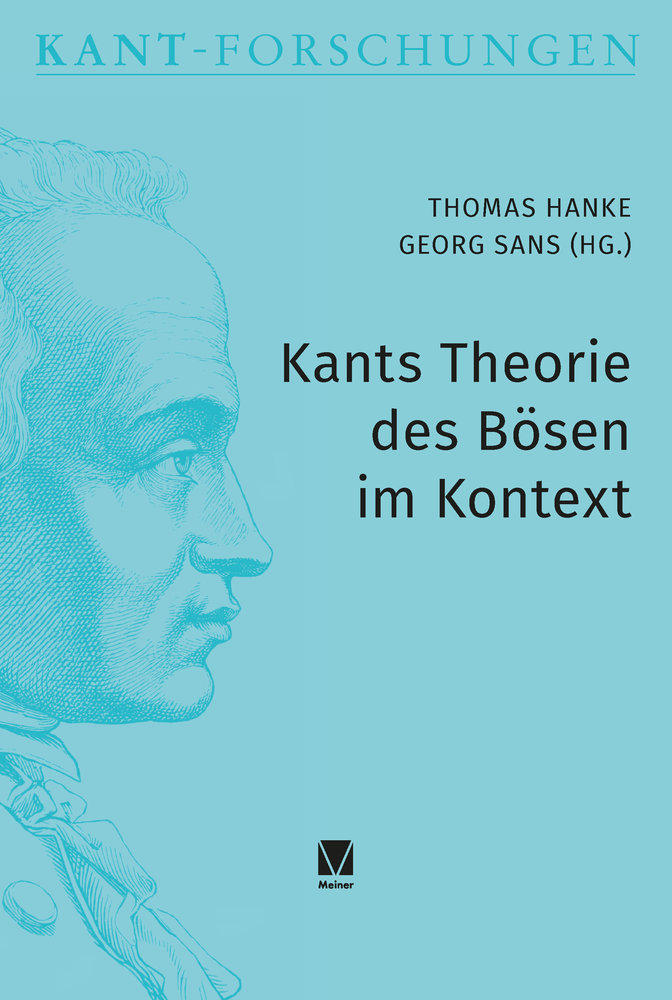Kant entwickelt in seiner Schrift »Die Religion innerhalb der Grenzen der bloßen Vernunft« (1793) eine bis heute umstrittene Theorie über das »radikale Böse«. Sie kann als Vertiefung oder aber als Verleugnung seiner zuvor entwickelten autonomen Ethik gelesen werden, als misslungene Anbiederung an die christliche Erbsündenlehre oder als gelungener Beitrag zum Selbstverständnis des Menschen.Der Band stellt Kants Theorie des radikalen Bösen in ihren historischen und systematischen Kontext: Welche Debatten wurden damals an theologischen Fakultäten über das Böse und die Erbsünde geführt? Welche philosophischen Entwürfe aus der rationalistischen Metaphysik oder der zeitgenössischen Vermögenspsychologie nimmt Kant auf? Wie ist seine transzendentale Erklärung der Realität des Bösen systematisch einzuordnen?Mit Beiträgen von Alexander Aichele, Christine Axt-Piscalar, Jürgen Brunner, Christian Danz, Thomas Hanke, Andrea Poma, Georg Sans SJ, Marianne Schröter, Jakub Sirovátka, Anna Szyrwinska-Hörig, Margit Wasmaier-Sailer.


